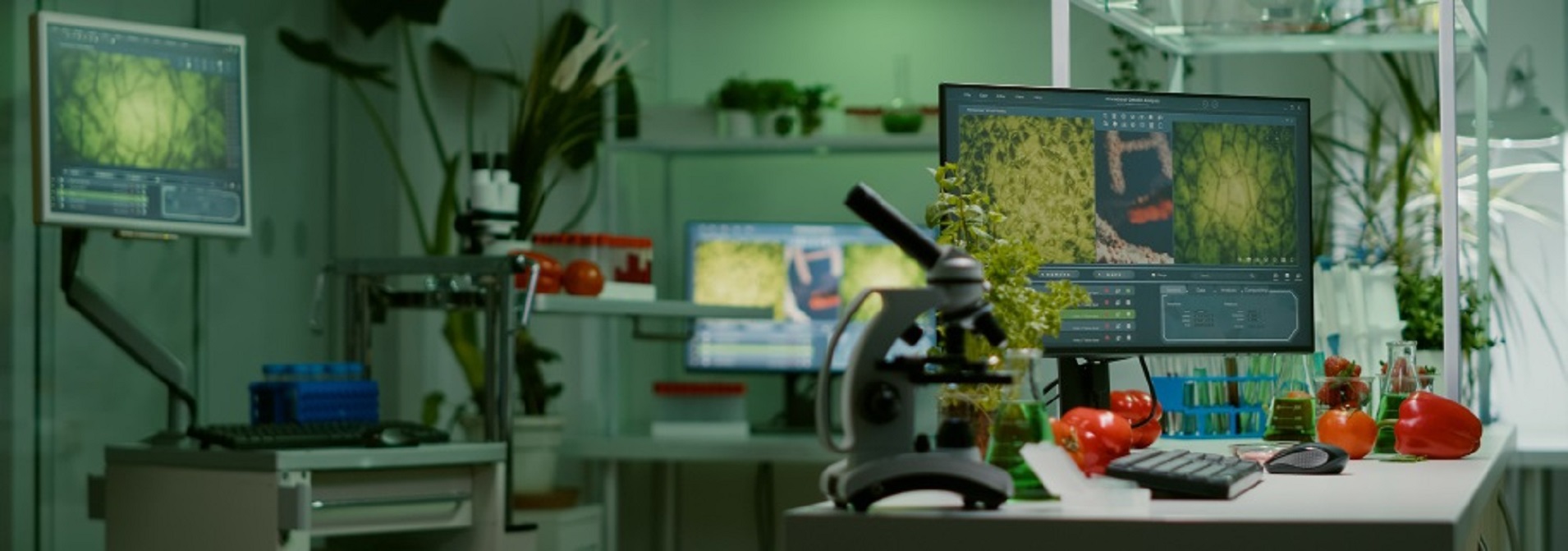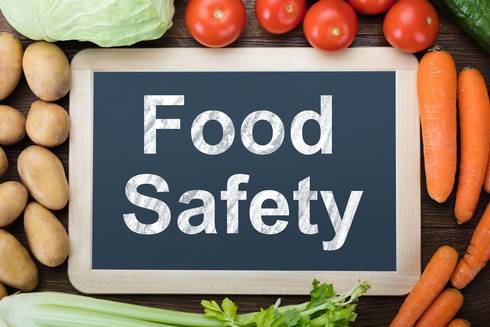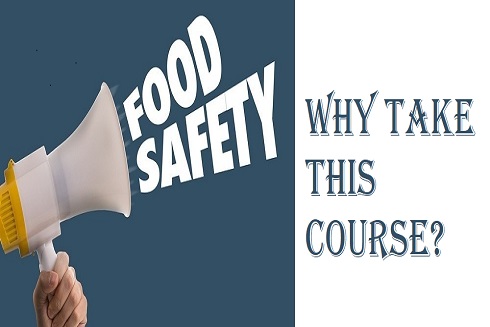Food Safety and Public Health Courses

WAFOSAN aims to share their academic research resources and experience in a self-paced training. These would be achieved by using innovative strategies to prevent and control food borne pathogenic microbes, mycotoxins, pesticides and veterinary drug residues, heavy metals, cyanide and polychlorinated biphenyls. All these will be tailored towards ensuring safe, controlled and sufficient food supply that will support public health and economic growth.
Course Objectives
At the end of these courses, participants are expected to:
- Have a comprehensive overview of the microbial and chemical contaminants in African Food system.
- Assess and identify gaps in sampling and analysis of the major food contaminants
- Gain deep insight of the health implications of the presence of food borne microbes and toxicants in foods
- Acquire cognate knowledge of the economic impact of food contaminants with focus on rejection of African export agricultural products in international trade.
- Aapt innovative technologies for reduction of contaminants in foods
- Adopt the use of ICT in Food Safety
- Get acquainted with food regulation strategies in Africa: policy and management
Courses
- Microbial and chemical contaminants in African Food System: An Overview
- Improving Public Health Through Mycotoxin Control
- Veterinary Drug Residues and Antibiotic Resistance
- Significance and control of Pesticides Residues and Toxic Metals in Foods and Feeds
- Food Borne Pathogens: Threats to Life in Africa
- Dioxins and dioxin-like Polychlorinated Biphenyls: Emerging Human Carcinogens
- Cyanide in Cassava and Cassava Based Food: A Challenge to Food Safety and Security in Africa
- Food Fraud and Authentication
- Food Regulations in Africa: Policy and Management
- Rejections of Africa’s Export Crops from International Trade: Threats to National Economic Development
- ICT Application in Food Safety
- Nanotechnology: An Imperative Food Safety Strategy

Who can Participate
The workshop will train one hundred government food regulators and quality assurance officers in industries, health and environmental safety officers across the twenty-five countries in West Africa.
The following are list of eligible participants:
- Government Agencies & Food Regulators
- Quality Assurance Officers
- Stakeholders in Health & Food Production
- Students & Graduates

Why Take the Course
The World Health Organization is explicit on the fact that Sub-Saharan Africa and other parts of the world suffer from alarming rates of mortality and morbidity due to food borne diseases.
This training intends to address the development challenges through provision of knowledge on safer food practices, cutting across:
- Health and Well Being
- Food Security
- Poverty Reduction
- Environmental Management and Water Sanitation
- Capacity Building and Quality of Education
- Innovation and Industry lead
- Gender equality
Certification
Certificate of participation will be jointly awarded by ACEMFS and any two of the following professional food safety bodies; Food Safety Preventive Control (FSPSA) for human food of the International Food Protection Training Institute (IFPTI) and the Institute for Food Safety and Health (IFSH), Illinois Institute of Technology and the West Africa Accreditation Organization (SOAC) or any other professional body you find credible.
Methodology
The workshop will be delivered online. Participation will be virtual. Presentations will be made in English and French Language.